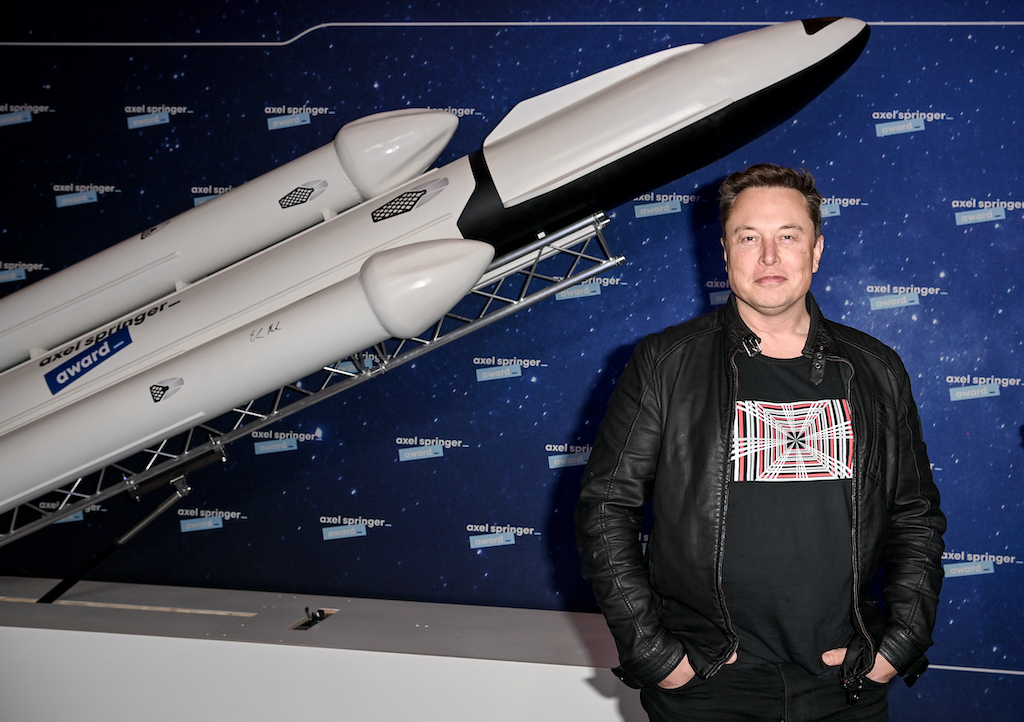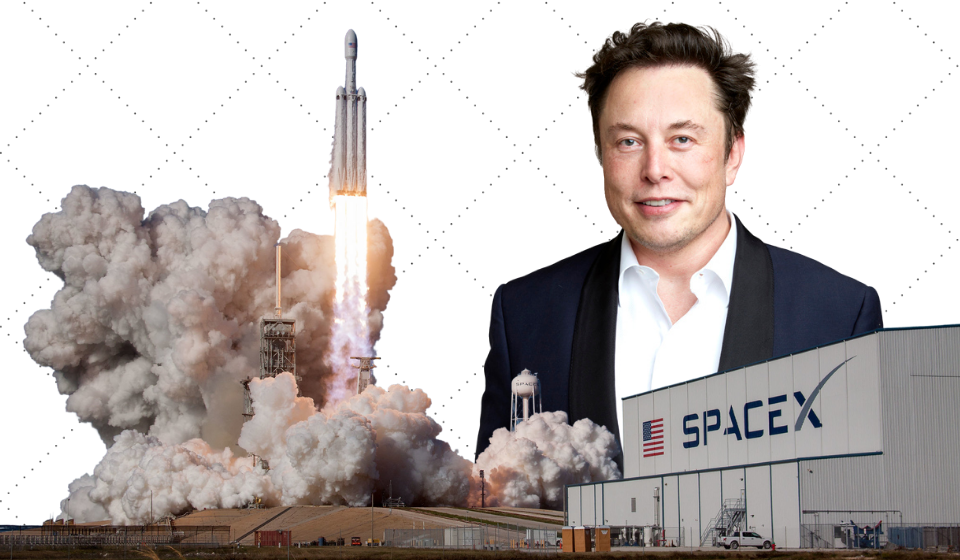Elon Musk, the ever-ambitious CEO of SpaceX, has once again stirred the scientific community with a bold declaration: the unveiling of a so-called “light-speed engine” that allegedly defies the fundamental laws of physics. Musk’s announcement, made during a live-streamed SpaceX event, has sparked equal parts awe, skepticism, and controversy.
 Dubbed the “Light Speed Propulsion Engine,” Musk claims this revolutionary technology could redefine humanity’s understanding of space travel. “This engine doesn’t just challenge what we thought was possible—it destroys the current laws of physics as we know them,” Musk proclaimed. He went on to suggest that the technology could make interstellar travel feasible within a human lifetime, opening the door to destinations like Proxima Centauri in mere years rather than millennia.
Dubbed the “Light Speed Propulsion Engine,” Musk claims this revolutionary technology could redefine humanity’s understanding of space travel. “This engine doesn’t just challenge what we thought was possible—it destroys the current laws of physics as we know them,” Musk proclaimed. He went on to suggest that the technology could make interstellar travel feasible within a human lifetime, opening the door to destinations like Proxima Centauri in mere years rather than millennia.
What Is the Light-Speed Engine?
While Musk remained tight-lipped on the specifics, he teased a propulsion system that leverages quantum mechanics and advanced energy manipulation. “We’ve tapped into principles that, until now, were purely theoretical,” Musk explained. “It’s not just about speed—it’s about bending spacetime to our will.”
He credited a team of SpaceX engineers and physicists for what he called a “paradigm shift” in space propulsion. Musk even hinted that early prototypes have already demonstrated promising results in controlled environments.

Skepticism From the Scientific Community
Unsurprisingly, Musk’s audacious claims have been met with heavy skepticism. The laws of physics, particularly Einstein’s theory of relativity, place stringent limits on faster-than-light travel. Scientists argue that achieving such speeds would require infinite energy, a concept currently deemed impossible.
Astrophysicist Dr. Lisa Collins commented, “While innovation is at the heart of progress, extraordinary claims require extraordinary evidence. Until SpaceX provides peer-reviewed data, these statements remain speculative at best.”
Potential Implications
If the claims hold any merit, the implications would be staggering. Humanity could explore distant star systems, colonize planets outside our solar system, and even revisit the theoretical concept of time travel. Economically, such a breakthrough would position SpaceX as the undisputed leader in the aerospace industry.
Musk, however, remains unbothered by the criticism. “Every great leap forward in human history was first dismissed as impossible,” he said, doubling down on his vision.
What’s Next for SpaceX?
SpaceX has announced plans to conduct a public demonstration of the technology in the coming months, though no exact date has been set. Musk has also promised to release technical papers detailing the engine’s theoretical foundations, claiming they will “shock the scientific world.”
As the anticipation builds, the question remains: Is Musk’s light-speed engine a genuine breakthrough or merely another overhyped promise? Whatever the outcome, one thing is certain—Musk’s announcement has reignited the public’s fascination with the final frontier.
Leave a Reply